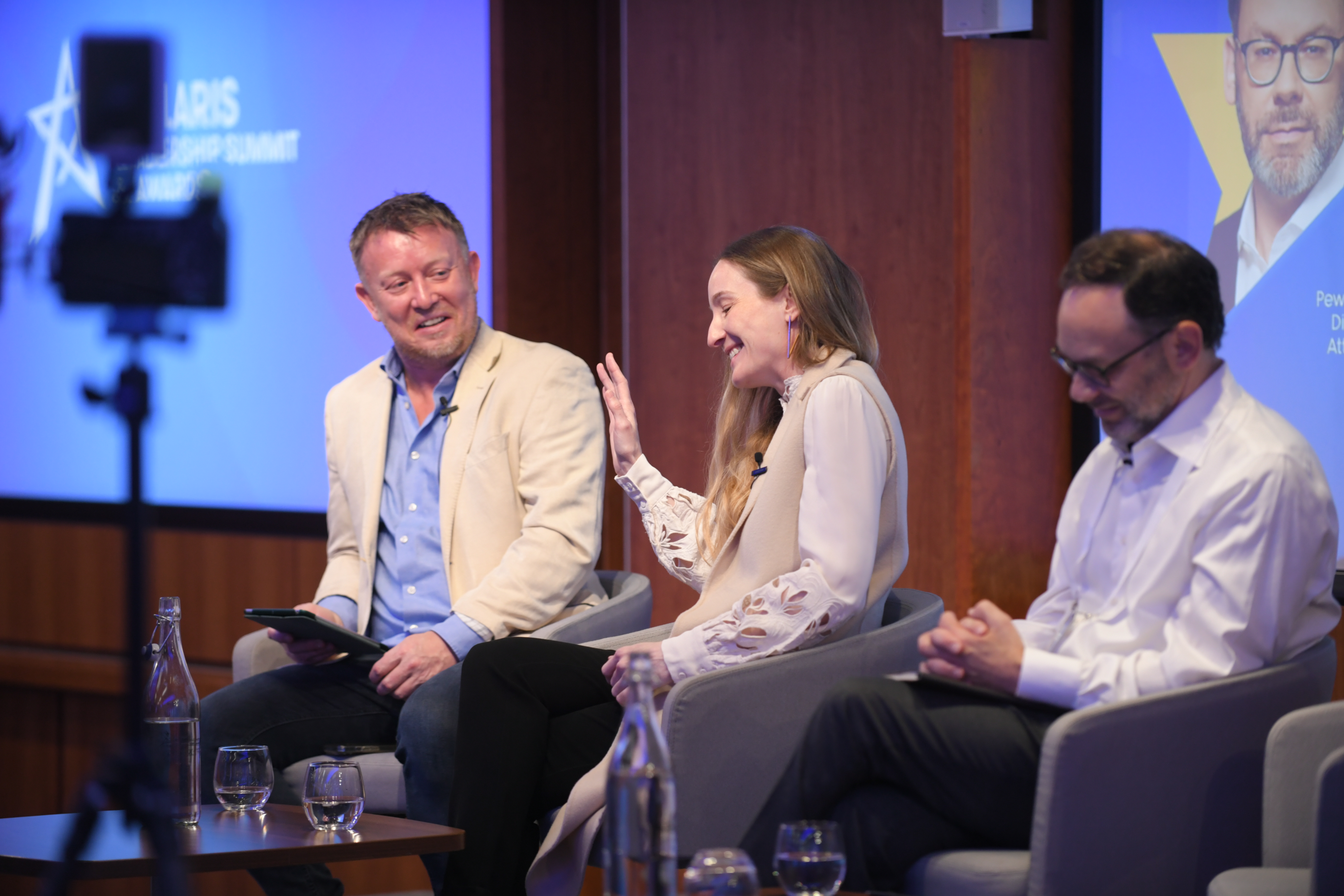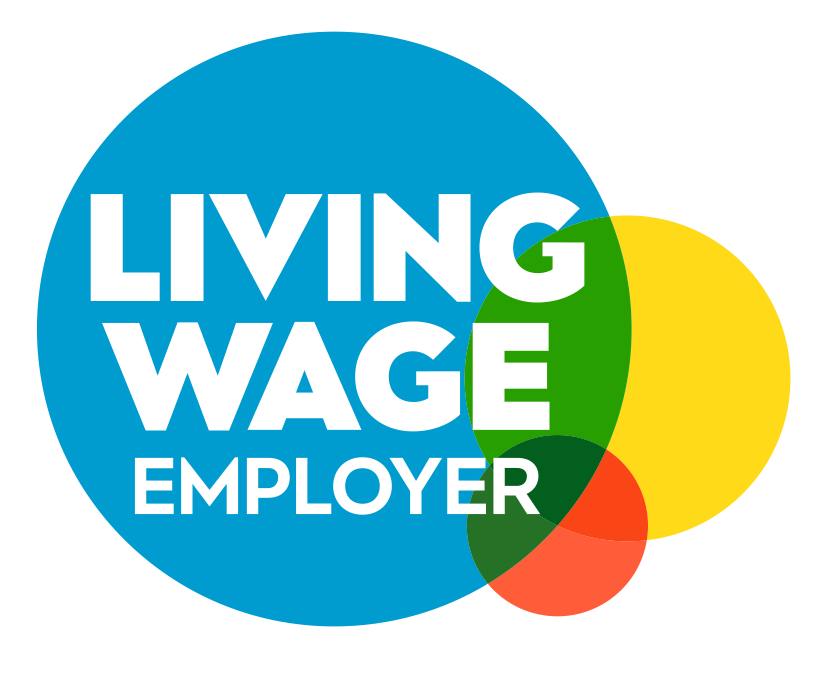Eva shared her insights on the panel, “The World in Motion: Global Trends Shaping Today’s Democracies,” speaking alongside Richard Wike, Director of Global Attitudes Research at Pew Research Center. The discussion was moderated by Chris Wimpress, a partner at H/Advisors Cicero.
Themes from the discussion included the rise of the hard right in Europe, anti-elite and anti-establishment sentiment amongst voters, and a potential backslide on women’s representation.
The rise of the hard right
Hard-right parties achieved significant gains in the recent European elections, coming first in five countries and second in five more. Altogether, hard-right parties are set to hold nearly one quarter of seats in the European Parliament.
While it wasn’t quite the conclusive sweep that some had feared, Eva warned that centrist political leaders and civil society organisations shouldn’t get complacent. She highlighted the need to look under the surface to understand what is driving the appeal of the hard right and to address these underlying issues before it’s too late.
She also noted that the hard right’s influence extends beyond its electoral victories, as its hardline policies on issues like immigration, climate change, minority rights become normalised when they are adopted by more mainstream leaders in a bid to retain voters.
These trends point to a need for NGOs and philanthropies that care about advancing progressive measures on social and environmental issues to redouble their efforts and revisit their tactics for delivering change.
Increasing anti-elite and anti-establishment sentiment
Eva also pointed to the increase in anti-elite and anti-establishment sentiment amongst voters as a trend that is shaping global politics this year. This trend is particularly acute amongst young voters, who may even be starting to lose faith in democracy as a whole.
She cited a recent global study by Open Society Foundations, which found that voters between 18-35 years old were more likely to hold anti-democratic views than their older counterparts. The study found that more than double the number of younger people said they were supportive of military rule, compared to older respondents. More than a third (35%) of young people also felt that having a “strong leader” who did not hold elections or consult parliament was “a good way to run a country”.
Eva noted that this simmering distrust in mainstream politics and willingness to explore anti-democratic models may be one of the causes underpinning both the rise of the hard right and the backlash against once-dominant political parties in this year’s elections.
This concerning trend points to an urgent need for public-sector leaders to demonstrate that they are listening to their citizens and delivering on their priorities. It also highlights a need for NGOs and philanthropies to invest time, money, and energy in helping to rebuild links between governments and citizens.
Potential backsliding on women’s representation
Eva also highlighted insights from her work with both women public leaders and NGOs focused on advancing gender equality, raising concerns about a potential backsliding on women’s representation in politics.
Apart from a few recent high-profile victories by women candidates—such as the election of Mexico’s first woman president—she noted that few women have risen to the top of their political systems so far in this monumental year for democracy.
She pointed to a range of underlying causes, including a rise in violent threats against women candidates, pervasive gender stereotypes, and institutional factors that make it challenging for women to rise through the ranks of their parties and governments.
At a time when many NGOs focused on gender equality are facing constrained resources, this highlights the importance of both philanthropists and institutional donors ramping up their investment in women’s public leadership.
Closing thoughts
To conclude the session, the moderator asked the panellists to share their biggest hopes and fears for the remainder of the year. Eva shared that her biggest fear is that gender equality will backslide rather than progress in this critical year.
She shared that her biggest hope is that the rise of the hard right is seen as a wake-up call for NGOs, philanthropists, and mainstream leaders. The second round of the French elections, which occurred after the event, demonstrated how hard-right gains can motivate people to push back.




